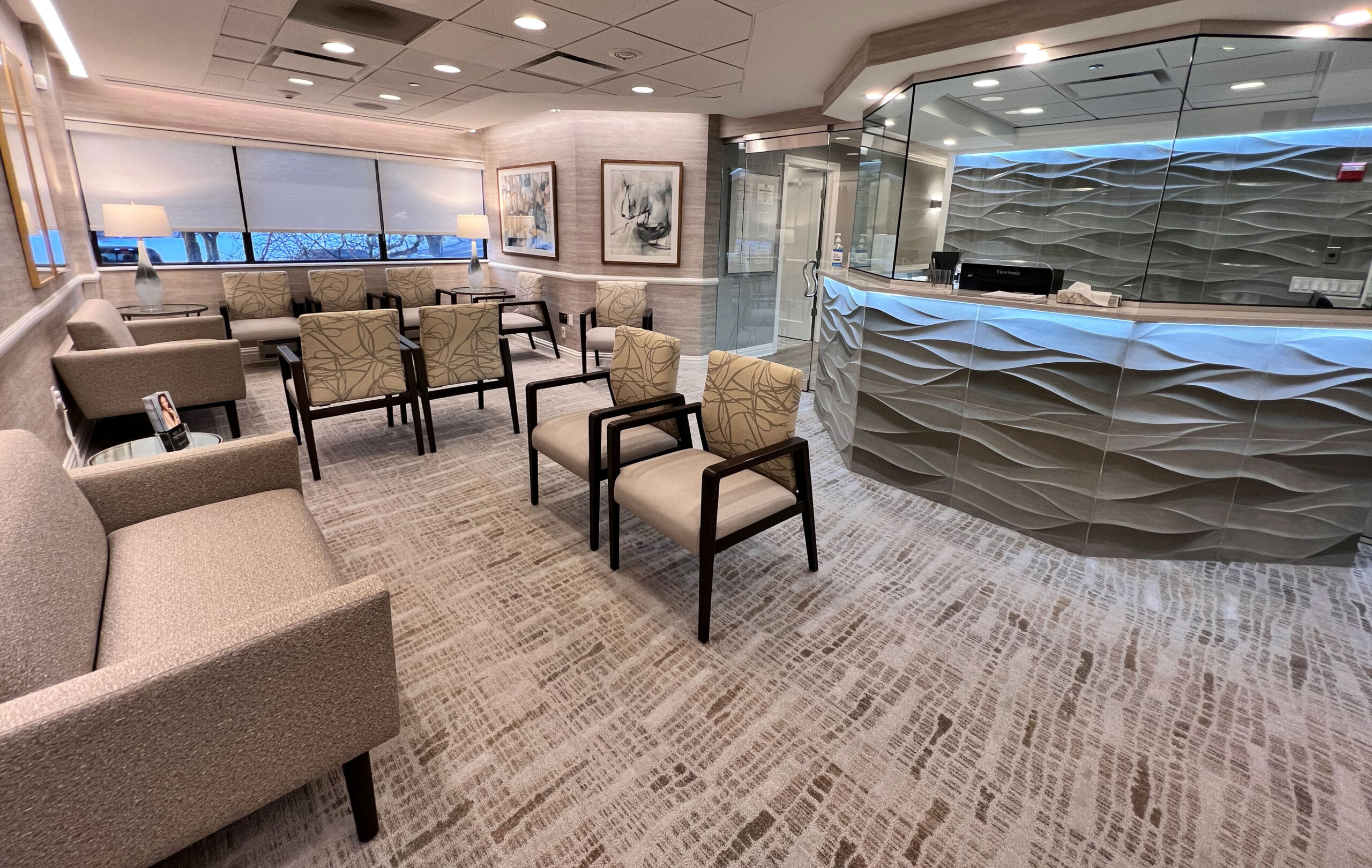We want you to fully understand the risks involved in surgery, so that you can make an informed decision. Although complications are infrequent, all surgeries have some degree of risk, and we will use our expertise and knowledge to avoid them as best we can. In general, most complications involve an extension of the recovery period rather than any permanent effect on your final result, and the most serious complications are also the most rare.
NORMAL SYMPTOMS
- SWELLING AND BRUISING: Moderate swelling and bruising are normal after any surgery. Severe swelling and bruising may indicate bleeding or possible infection.
- DISCOMFORT AND PAIN: Mild to moderate discomfort or pain is normal after any surgery. If the pain becomes severe, and is not relieved by pain medication, please call us at (201) 261-7550.
- CRUSTING ALONG THE INCISION LINES: This can be treated with antibiotic ointment.
- NUMBNESS: Small sensory nerves to the skin surface are occasionally cut when the incision is made or interrupted by undermining of the skin during surgery. The sensation in those areas gradually returns–usually within 2 or 3 months as the nerve endings heal.
- ITCHING: Itching and occasional small shooting electrical sensations within the skin frequently occur as the nerve endings heal. Ice, skin moisturizers, and massages are frequently helpful. These symptoms are common during the recovery period.
- REDNESS OF SCARS: All new scars are red, dark pink, or purple. Scars on the face usually fade within 3 to 6 months. Scars on the breasts or body may take a year or longer to fade completely.
COMMON RISKS
- HEMATOMA: Small collections of blood under the skin usually absorb on their own. Larger hematomas may require aspiration, drainage, or even surgical removal to achieve the best result.
- INFLAMMATION AND INFECTION: A superficial infection may require antibiotic ointment. Deeper infections are treated with antibiotics. An abscess usually requires drainage.
- THICK, WIDE, OR DEPRESSED SCARS: Abnormal scars may occur even though we have used the most modern plastic surgery techniques. Injection of steroids into the scars, placement of silicone sheeting onto the scars, Mederma, or further surgery to correct the scars is occasionally necessary. Some areas on the body scar more than others, and some people scar more than others do. Your own history of scarring should give you some indication of what to expect.
- WOUND SEPARATION OR DELAYED HEALING: Any incision, during the healing phase, may separate or heal unusually slow for a number of reasons, including: inflammation, infection, wound tension, decreased circulation, smoking or excess external pressure. If delayed healing occurs, the final outcome is usually not significantly affected, but secondary revision of the scar may be indicated.
- SENSITIVITY OR ALLERGY TO DRESSINGS OR TAPE: Occasionally, allergic or sensitivity reactions may occur from soaps, ointments, tape or sutures used during or after surgery. Such problems are unusual and are usually mild and easily treated. In extremely rare circumstances, allergic reactions can be severe and require aggressive treatment or even hospitalization.
- INCREASED RISKS FOR SMOKERS: Smokers have a greater chance of skin loss and poor healing because of decreased skin circulation.
SERIOUS SURGICAL RISKS
- INJURY TO DEEPER STRUCTURES: Blood vessels, nerves and muscles may be injured during surgery. The incidence of such injuries is rare.
- SEVERE COMMON RISKS: If any of the problems mentioned under Common Risks become severe, they may complicate or delay healing, or necessitate further surgical procedures
- MEDICAL COMPLICATIONS: Pulmonary embolism, severe allergic reactions to medications, cardiac arrhythmias, heart attack, and hyperthermia are rare but serious and life- threatening problems that can occur during surgery. Disclosing all pertinent medical information before surgery and having a board-certified anesthesiologist present at your surgery reduces these risks as much as possible.
- UNSATISFACTORY RESULTS: While all procedures are performed with a very high probability of success, problems like asymmetry, unhappiness with the results or poor healing can occur, and even require revisional surgery or additional treatments. Rarely, problems may occur that are permanent.
